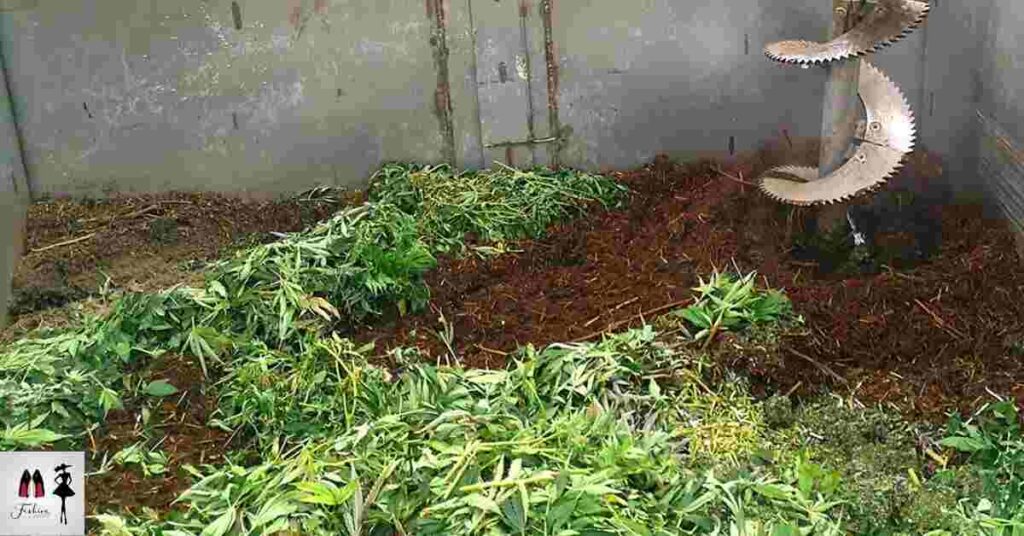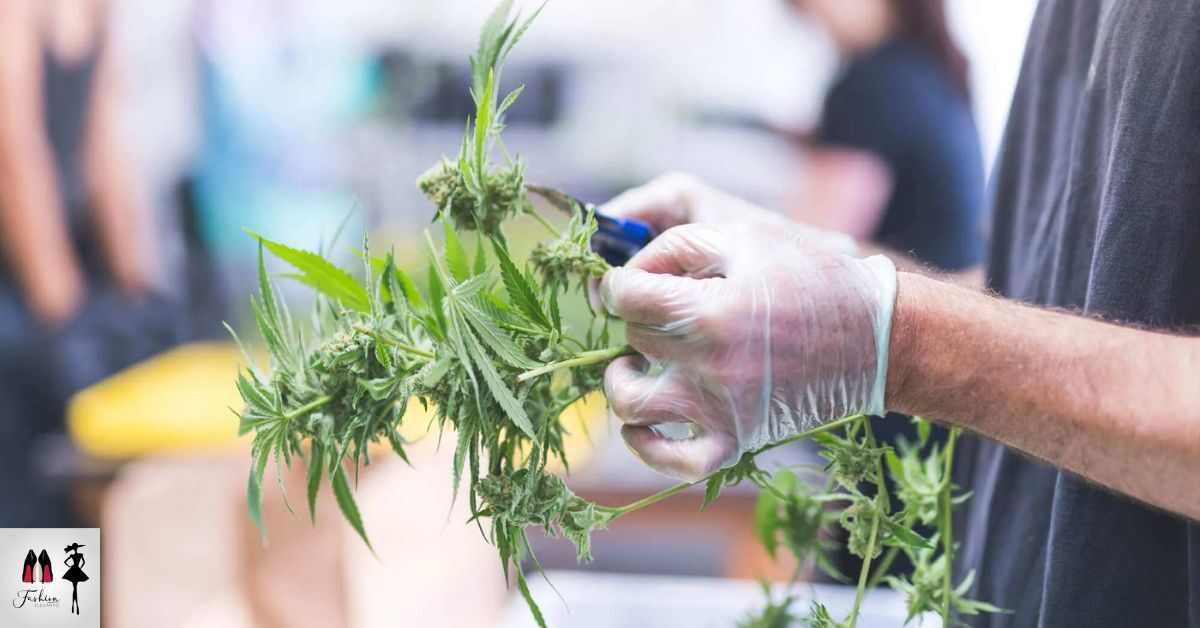With the growth of California’s industry, waste management is vital. Cannabis waste is any material that has touched cannabis. It poses unique disposal challenges.
Businesses must understand the state’s regulations. This is key to compliance, protecting the environment, and promoting public safety. This article will explore the disposal rules in California. It will also give best practices for managing this specialized waste.
Also, read this: Introduction to Vanna Bardeau
You must separate your cannabis waste.
The first step in complying with California regulations is to separate. Cannabis waste has three main types: organic, solid, and hazardous. Each category has specific disposal protocols. For example, organic waste includes plant materials and unused products. Hazardous waste may include contaminated items needing special handling. By separating waste according to regulations, businesses can ensure legal and safe disposal.
Also, read this: Understanding Antarvwsna: Inner Desires and Personal Growth
Render Waste Unusable
California law requires individuals to render cannabis waste unusable and unrecognizable before disposal. This process usually involves grinding the waste. Then, you must mix it with non-cannabis materials. The mixture must be at least 50% non-cannabis by volume. This is crucial to prevent illegal use or resale of cannabis waste. Making waste unusable meets regulations. It also reduces risks from improper disposal.
Secure Your Cannabis Waste
Securing cannabis waste is a vital aspect of compliance. Businesses must store in labeled, secure containers. They must be inaccessible to unauthorized people. This security measure helps prevent theft and misuse of cannabis materials. Also, develop a written waste management plan. It should outline procedures for handling, storing, and disposing. This plan is vital for compliance. It shows a commitment to responsible waste management.
Track and Trace
California regulations require cannabis businesses to install a tracking system for their waste. This system tracks all cannabis waste from its creation to its disposal. Businesses must keep accurate records of their waste. This includes its types, quantities, and disposal methods. This tracking process aids compliance. It also helps businesses find ways to improve their waste management.
Assess and refine your waste disposal.
Regular assessment and refinement of waste disposal practices are vital for cannabis businesses. Businesses can improve waste management by finding inefficiencies in their current procedures. This may involve getting feedback from employees. It may also need to analyze waste patterns and explore new disposal technologies. Better disposal practices boost compliance and sustainability in the cannabis industry.
Transport your waste legally.
Transporting cannabis waste requires adherence to specific legal guidelines. Businesses must ensure that licensed waste haulers transport their cannabis waste. This is vital to prevent illegal dumping and to follow state rules. Also, businesses should tell their waste haulers the type and amount of waste. This will help with its proper disposal.
5 Tips for Effective Marijuana Waste Disposal in Your Small Business
- Develop a Waste Management Plan: Make a detailed plan. It should cover the handling, storage, and disposal of it.
- Train Employees: Ensure all staff know the rules. They must also know the best practices for compliance.
- Use designated containers: Store in secure, labeled containers. This prevents unauthorized access and ensures safety.
- Install a tracking system: Keep accurate records of waste and disposal methods to follow state regulations.
- Regularly review practices. Improve waste disposal methods for efficiency and compliance with changing regulations.
3 Benefits of Recycling Hazardous Materials in Southern California
- Recycling hazardous materials cuts pollution and saves resources. It helps the ecosystem.
- Cost Savings Proper recycling can cut disposal costs. It can reduce the need for costly waste management solutions. This provides financial advantages to businesses.
- Regulatory Compliance Recycling helps businesses meet state laws. It avoids fines and legal issues from improper waste disposal.
What is cannabis waste?

Cannabis waste is any material that has touched cannabis at any stage of its production, processing, or retailing. This includes plant trimmings, unused products, and packaging. California classifies as a specially regulated waste. It requires specific disposal methods to prevent environmental harm and illegal use. Cannabis businesses in the state must know about cannabis waste. They must understand its definition and types. This knowledge ensures compliance with regulations and supports sustainability.
Conclusion
Cannabis waste disposal in California is complex. It requires knowing state rules and best practices. Cannabis businesses can help the environment and follow the law by separating , rendering it unusable, securing it, tracking its movement, and assessing disposal methods. As the industry evolves, success will know the rules and use effective waste management.

Fashioneleganto, curated by fashion enthusiast Brook, is your go-to destination for chic and elegant styles. Discover the latest trends, timeless classics, and expert styling tips for every occasion.











